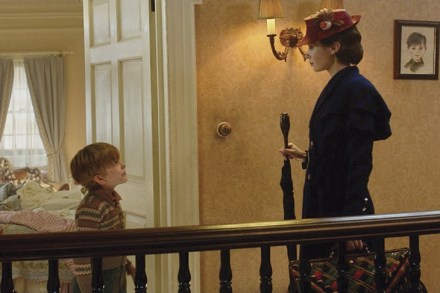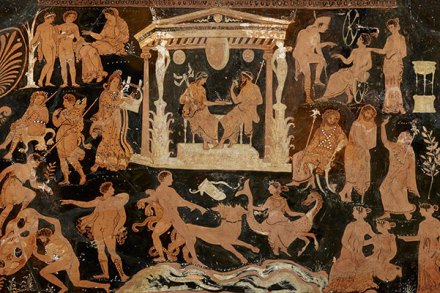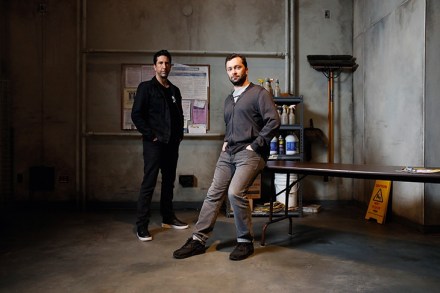There’s something about Mary
So, Mary Poppins returns, and I was, of course, primed to be spiteful, as is my nature. Not a patch on the original. Why did they bother? Why did they imagine it was necessary? Wasn’t the first film practically perfect in every way? Have someone play her who isn’t Julie Andrews? Are you right in the head? The original (1964) is one of the best-loved films ever. I love it, even though the fact that Mrs Banks was made to put away her suffragette nonsense to become a Proper Mother now makes me go: grrrr. So I had my spite at the ready. My spite was champing at the bit.




















